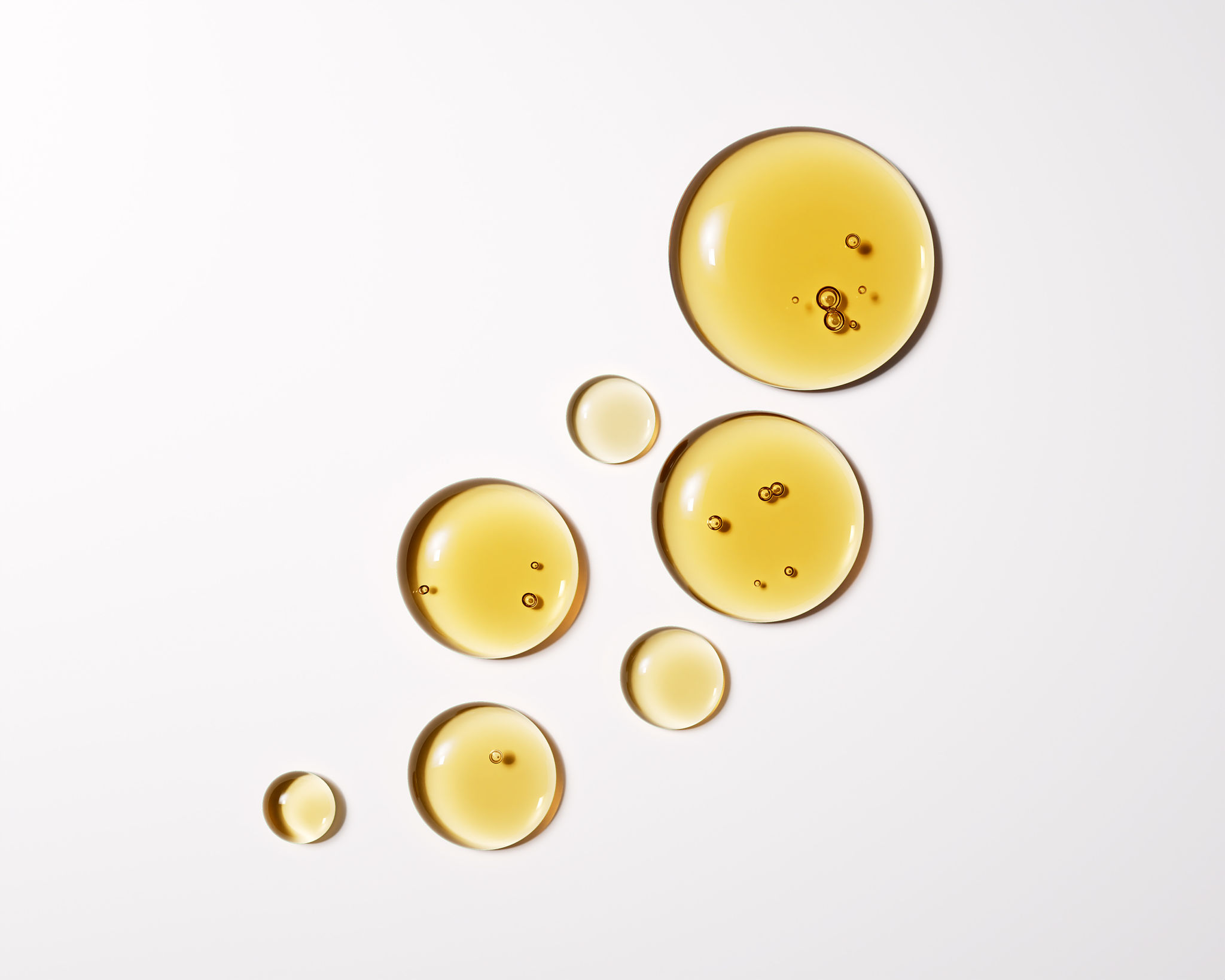Seasonal Tips for Managing Cooking Oil Waste During Holiday Seasons
Understanding Cooking Oil Waste
During the holiday season, kitchens around the world buzz with activity as families and friends gather to enjoy festive meals. This increased cooking often leads to a higher amount of cooking oil waste. Managing this waste responsibly is essential to avoid environmental harm and maintain kitchen efficiency. Understanding what cooking oil waste is and how it impacts the environment is the first step in addressing this issue.
Cooking oil waste, if not disposed of properly, can cause significant plumbing issues and environmental damage. When poured down the drain, oil can solidify and cause blockages in pipes and sewers, leading to costly repairs. Moreover, improperly disposed oil can pollute waterways, affecting aquatic life and water quality.

Effective Storage Solutions
One of the simplest ways to manage cooking oil waste is by storing it properly until it can be disposed of correctly or recycled. Consider using sealable containers to collect used oil. These containers should be kept in a cool, dry place away from direct sunlight to prevent spoilage and odors. By collecting oil in a designated container, you prevent it from being accidentally poured down the drain.
For those who accumulate large amounts of cooking oil, such as during holiday feasts, it might be beneficial to invest in a larger storage solution, like a dedicated barrel or tank. This can be particularly useful for households that frequently deep-fry foods. Remember to label your containers clearly to avoid confusion with other liquids.
Recycling and Reusing Cooking Oil
Recycling cooking oil is an environmentally friendly solution that can be easily implemented. Many local municipalities and recycling centers offer programs to collect used cooking oil, which is then repurposed into biodiesel or other products. Check with your local waste management services to find out if such programs are available in your area.

In addition to recycling, consider reusing cooking oil when possible. Straining the oil through a fine mesh or cheesecloth can remove food particles, allowing you to use it again for similar cooking purposes. However, it's important to note that cooking oil should only be reused a limited number of times before it degrades and loses its effectiveness.
Environmentally Friendly Disposal Methods
If recycling is not an option, there are still environmentally responsible ways to dispose of cooking oil. Solidifying the oil by mixing it with absorbent materials like cat litter or coffee grounds allows you to safely throw it away with your regular trash. This method prevents oil from leaking and causing issues at landfill sites.
Another option is to compost small amounts of used cooking oil along with other organic waste. This method works best with vegetable-based oils and should be done sparingly to avoid attracting pests or creating odors. Always check with local guidelines to ensure this method is acceptable in your area.

Preventing Excessive Waste
Preventing excessive cooking oil waste begins with planning your meals carefully. By estimating the amount of oil needed for cooking, you can reduce leftover waste. Consider using alternative cooking methods, such as baking or grilling, that require less oil without compromising on flavor.
Additionally, sharing leftover meals with friends and family or repurposing them into new dishes can minimize waste. Holiday seasons are a perfect time to get creative in the kitchen and find new ways to enjoy leftover ingredients.
Conclusion
Managing cooking oil waste during the holiday season doesn't have to be daunting. By understanding the impact of improper disposal, utilizing effective storage solutions, recycling or reusing oil when possible, and employing environmentally friendly disposal methods, you can contribute positively to environmental conservation efforts.
As we gather around festive tables this holiday season, let's make conscious efforts to reduce our environmental footprint and manage cooking oil waste responsibly. This way, we can enjoy delicious meals while protecting our planet for future celebrations.